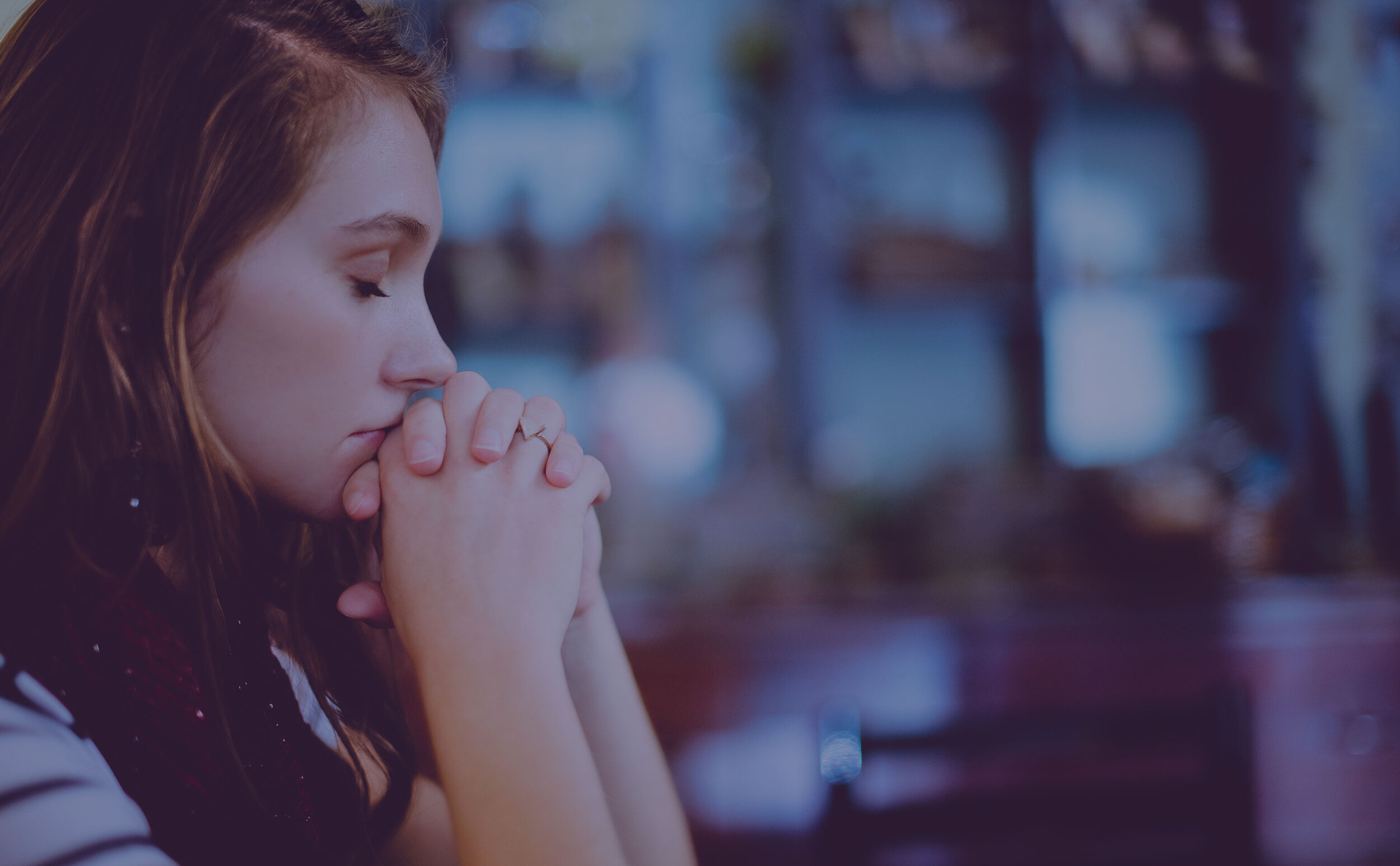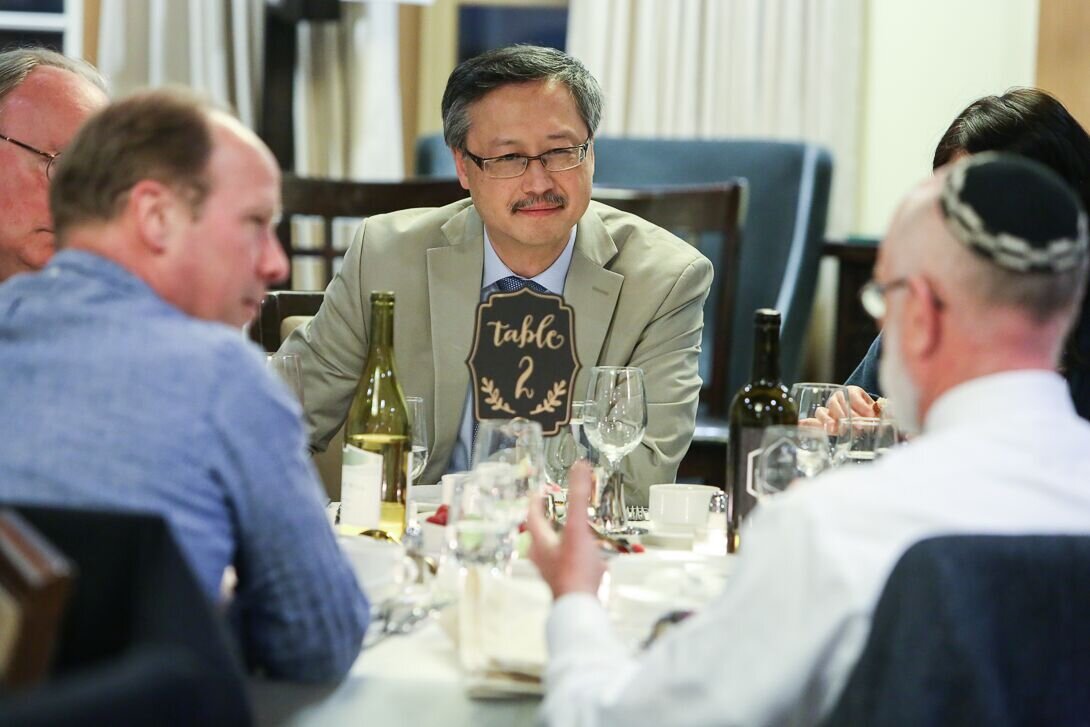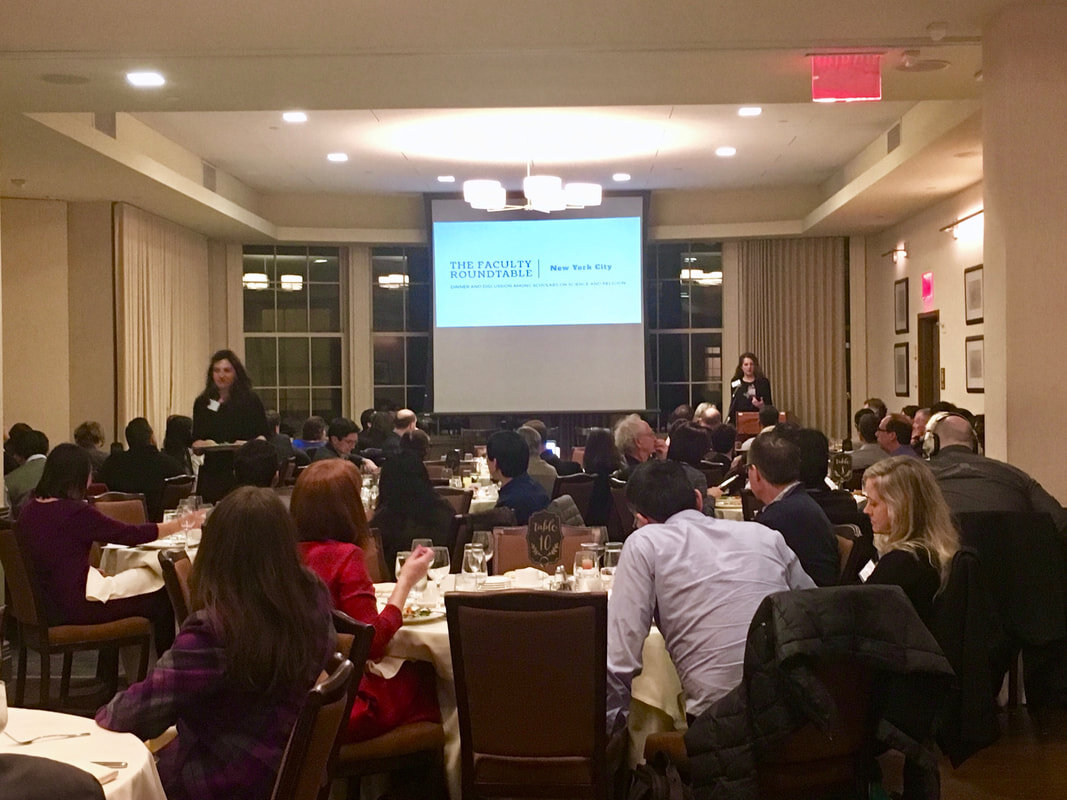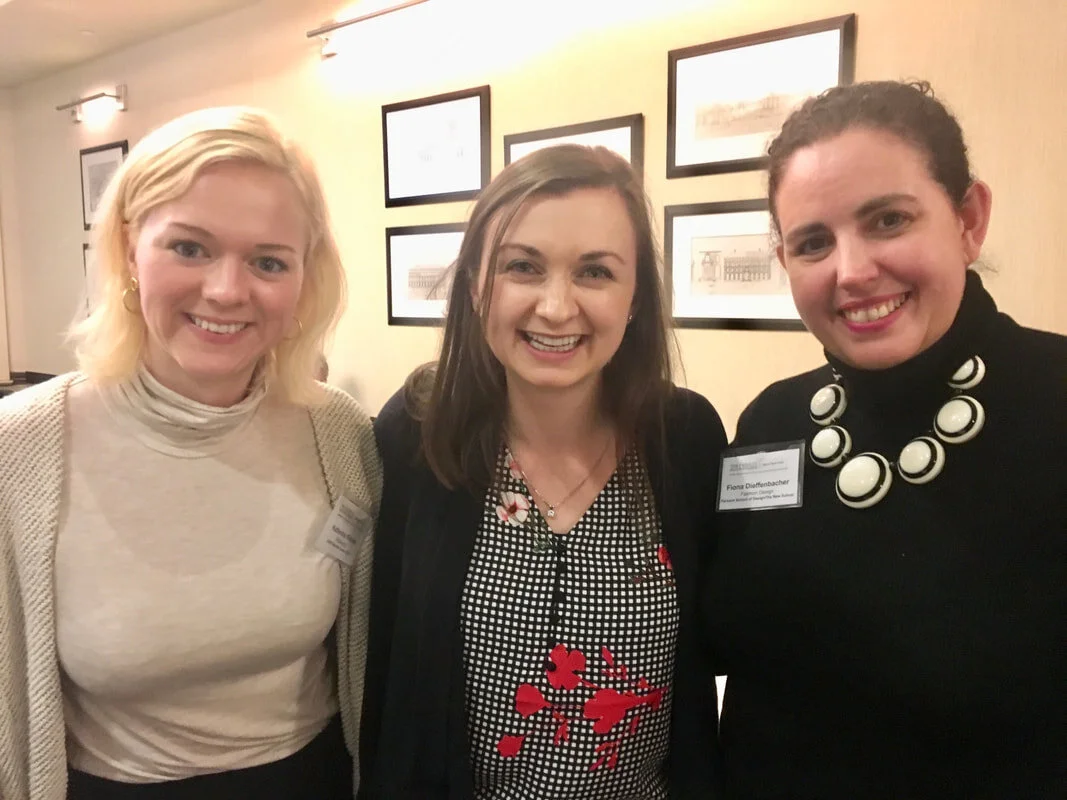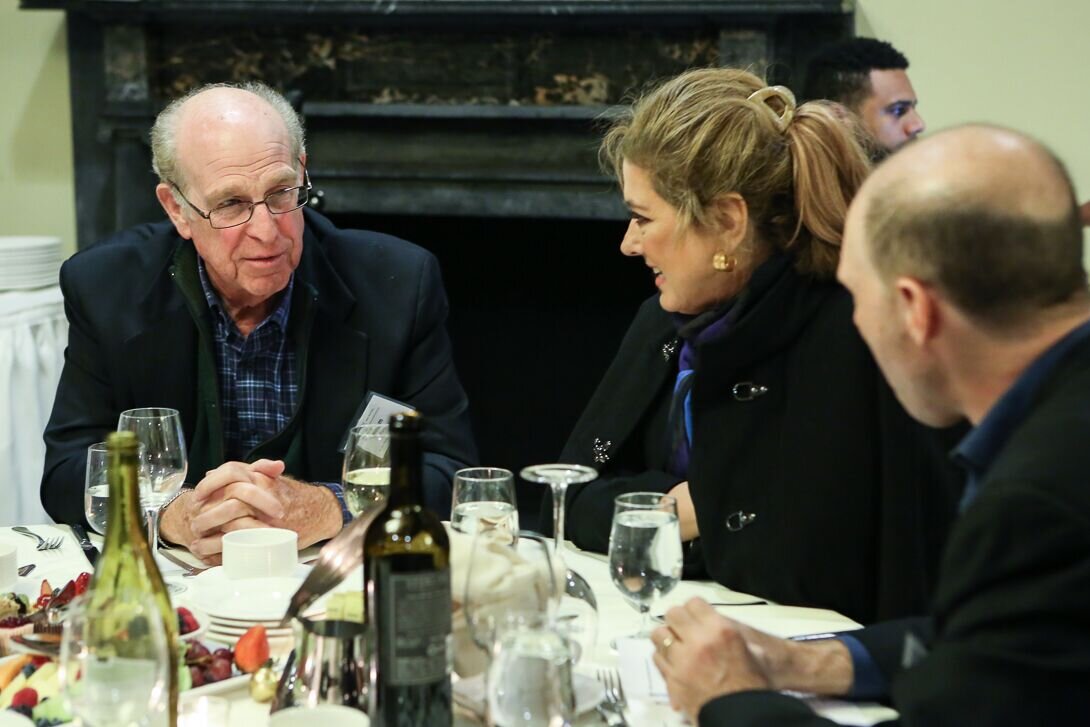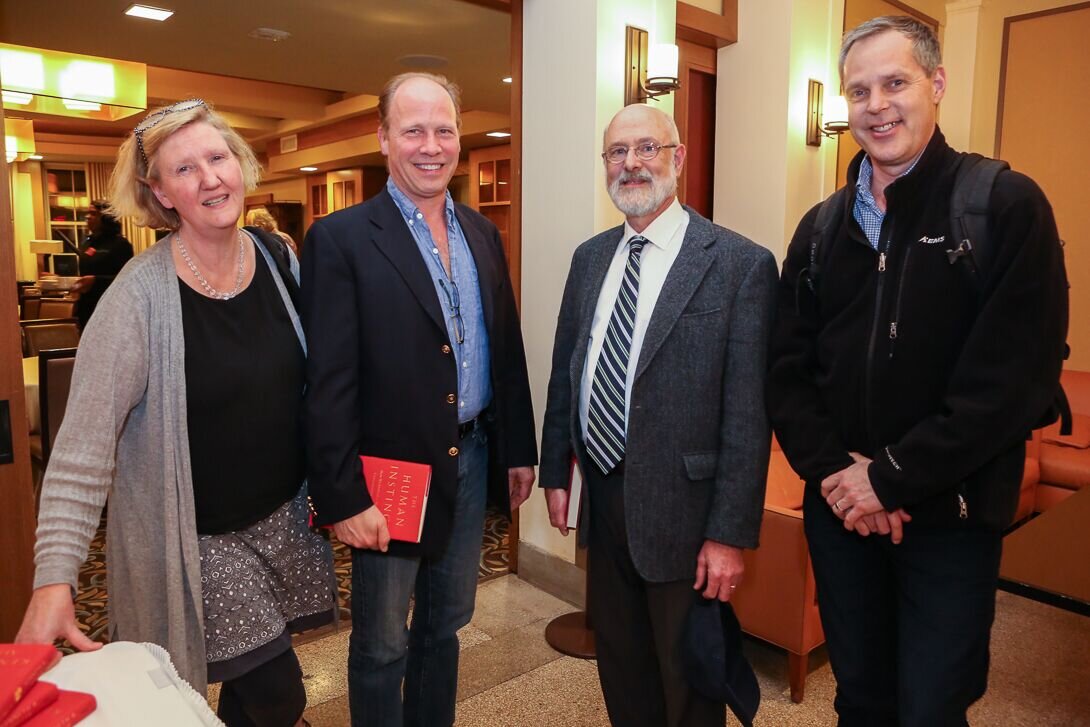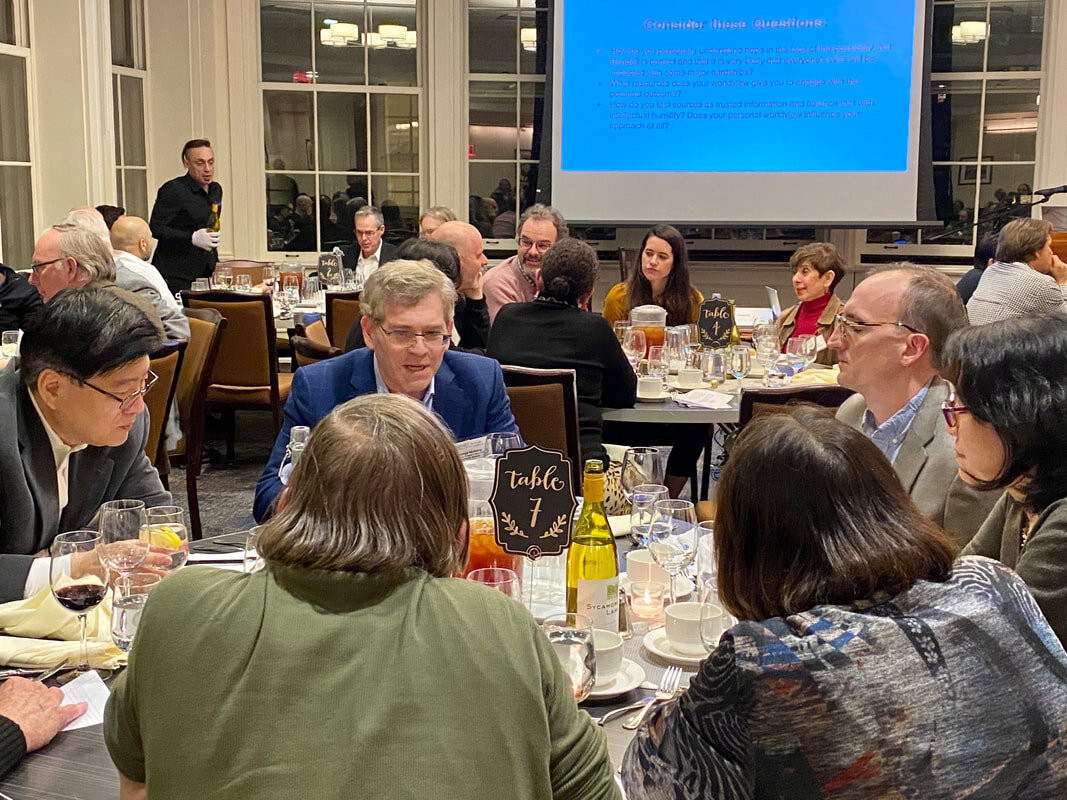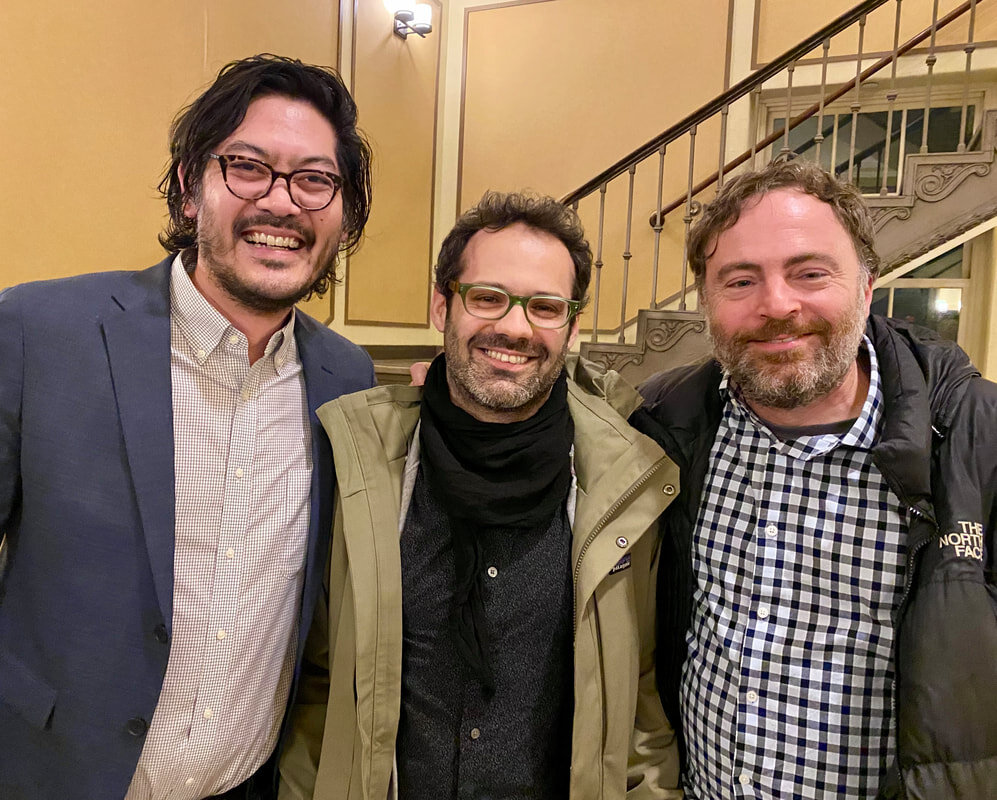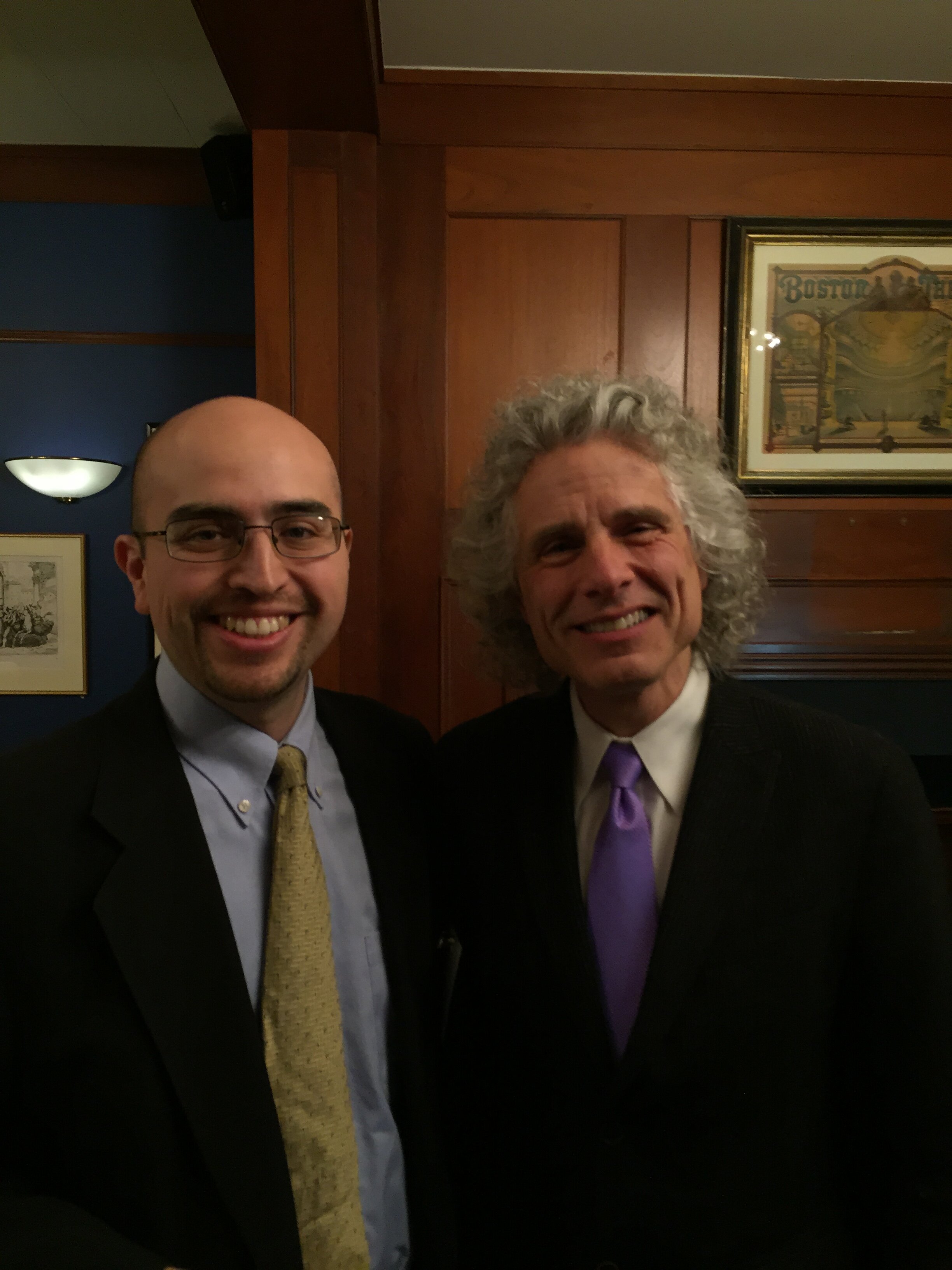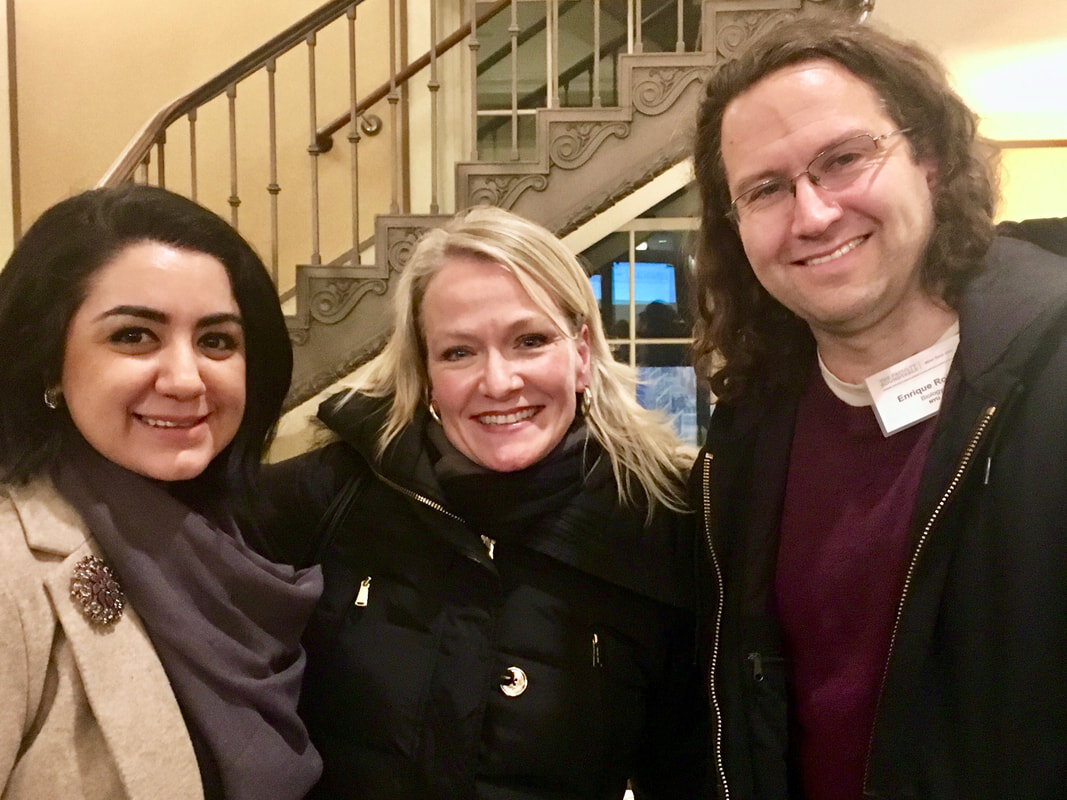God & The Human Mind: How Do Cognitive Science and Neuroscience Interface with Religion?
_______
Wednesday, January 27 at 6:00 PM CST / 7:00 PM EST
Dinner Provided through A complimentary Dinner gift card*
A discussion on some of the latest research regarding the cognitive science and neuroscience of religion and what implications those findings might have for religious belief. Featured panelists include:
Arthur W. Marks ’19 Professor and
Associate Chair of Psychology
Director, Concepts & Cognition Lab
Princeton University
Professor of Neurology, Psychiatry & Behavioral Sciences
Director, Brain Injury Research, Shirley Ryan AbilityLab
Northwestern University
Founder/President, Blueprint 1543
Editor, Oxford University Press Handbook for Cognitive Science of Religion (forthcoming)
The evening will include presentations from, discussion among, and a time of questions for the panelists. Afterward, guests will participate in mixed discipline and mixed university breakout rooms to continue the conversation.
SUGGESTED PRE-EVENT READINGS & VIDEOS
Scientific Explanations for the Mind and Religious Belief (18-minute video) – Tania Lombrozo discusses scientific explanations for the mind and religious belief.
Religion and the Brain: A Debate (17 pages if printed) – Jordan Grafman debates whether evolution explains why the human brain supports religious belief.
Does Evolutionary Psychology Undermine Religion? (9-minute video) – A PBS Closer to Truth interview with Justin Barrett.
Additional (short) readings and journal articles that might be of interest:
*This event will take place virtually due to social distancing guidelines.
In place of our usual dinning experience, we will provide a complimentary dining gift certificate when you register. Halal, Kosher, and Vegan options available through special arrangement - contact mickey.sanchez@intervarsity.org
What is the Faculty Roundtable?
_______
Faculty Roundtables began in 2002 and have since hosted thousands of faculty members at Harvard, MIT, Yale, Brown, and other universities. The Faculty Roundtable at Northwestern launched in July 2020 with presentations given by Dartmouth’s Marcelo Gleiser (Physics & Astronomy) and MIT's Cullen Buie (Mechanical Engineering).
The goal of a Roundtable is to foster cross-disciplinary community and dialogue among faculty that explores the intersection of current scholarship with various ethical, worldview, and religious or non-religious perspectives. Hopefully, these interactions will spark innovative new approaches to a diverse set of academic and personal questions. Ideally, conversations begun at Faculty Roundtable dinners will continue in classrooms, seminars, discussion groups, coffee shops, and in every corner of Evanston and beyond.
Roundtables are typically in-person events at a university faculty club or analogous venue. The event includes dinner, wine, dessert, and discussion after brief remarks from our presenters. At the close of our evening, we include time for questions and comments directed to each other and to our presenters.
However, to practice social distancing, Roundtables will be virtual until it is safe to meet in person again. One positive aspect of going virtual is the opportunity to engage in discussions with faculty at some or all of our partner Roundtable sites (e.g. all 8 Ivy League schools plus MIT, U Chicago, Northwestern, Duke, and Amherst). When it is safe to do so, we hope to host in-person Faculty Roundtables at Northwestern’s Allen Center or a similar venue.
Faculty Roundtables are made possible by a grant from the John Templeton Foundation, a philanthropic catalyst for discoveries related to the big questions of human purpose and ultimate reality. Additional funding has been provided by generous scholars and donors invested in the intersection of science and faith.
The Faculty Roundtable at Northwestern is co-chaired by:
Richard Lueptow, Mechanical Engineering | Senior Associate Dean of McCormick School of Engineering
Daniel Rodriguez, Law | Former Dean of Pritzker Law School
Robert Chang, Material Science & Engineering | Director of the Materials Research Institute
Ken Shull, Material Science & Engineering
Keith Tyo, Chemical & Biological Engineering
Sean Ebels-Duggan, Philosophy
Alex Lee, Law
Tahera Ahmad, Associate University Chaplain | Director of Interfaith Engagement
Jason Mohn, Associate University Chaplain
Mickey Sanchez, Coordinator of the Faculty Roundtable at Northwestern
If you have ideas or suggestions and would like to help shape the content and speakers of Faculty Roundtables at Northwestern, please let us know as we’re looking for input on how to best utilize The John Templeton Foundation grant for future Roundtables at Northwestern.
Though the event is by invitation only, we are more than glad to work with you to welcome your colleagues to participate. Please contact us for more information or requests.
Reviews from past Roundtables
_______
“There was an interesting discussion on the different types of intellectual humility, and for whom. One was essentially on the importance of fostering new voices, for which it is important that old fogies such as myself practice humility.”
“Thank you very much for it. Northwestern is a place where most faculty are very busy working on their own topic. But it is extremely important that we need to be connected with colleagues and friends in the community. This activity is very helpful to build a collaborative and open-minded teaching and research community”
“Fascinating to hear them [presenters]. Wanted to hear even more.”
“I appreciated the serious, complex, nuanced approach to the issues.”
“I found the comparative global data quite fascinating as well as the data disaggregated by sub-field and by religion. Those generated useful research and political questions.”
“I thought the small breakout rooms were very good. Our group had what I thought was a really good and interesting discussion.”
“A lovely event - thank you for your energy and effort!”
“It was excellent.”
“I really, really enjoyed the talk and the research. I also enjoyed the post-lecture discussion. It’s a privilege to join the roundtable because this is one of only a handful of venues where non-religious and religious believers can have well-considered and reasoned discussion without getting defensive or offensive. I find these discussions very rewarding.”
Reviews from past Roundtables at other Universities
_______
“The program was provocative; the evening was deeply satisfying. This was sociability at its best.”
“I thought it was great and provided a safe space to have some interesting conversations with other faculty that I certainly would have never had otherwise.”
“It was the kind of night that should be the norm in academia — serious conversation among smart people about contested issues, with pretty much everyone who spoke and counter-spoke both witty and civil.”
The Faculty Roundtable at Northwestern is Coordinated by:
_______
Mickey Sanchez, Campus Staff Minister, InterVarsity Christian Fellowship: Graduate & Faculty Ministries
Chris Vaaga, Postdoc, Department of Neurobiology
Anna Horton, Field Operations Director, InterVarsity Christian Fellowship: Graduate & Faculty Ministries


